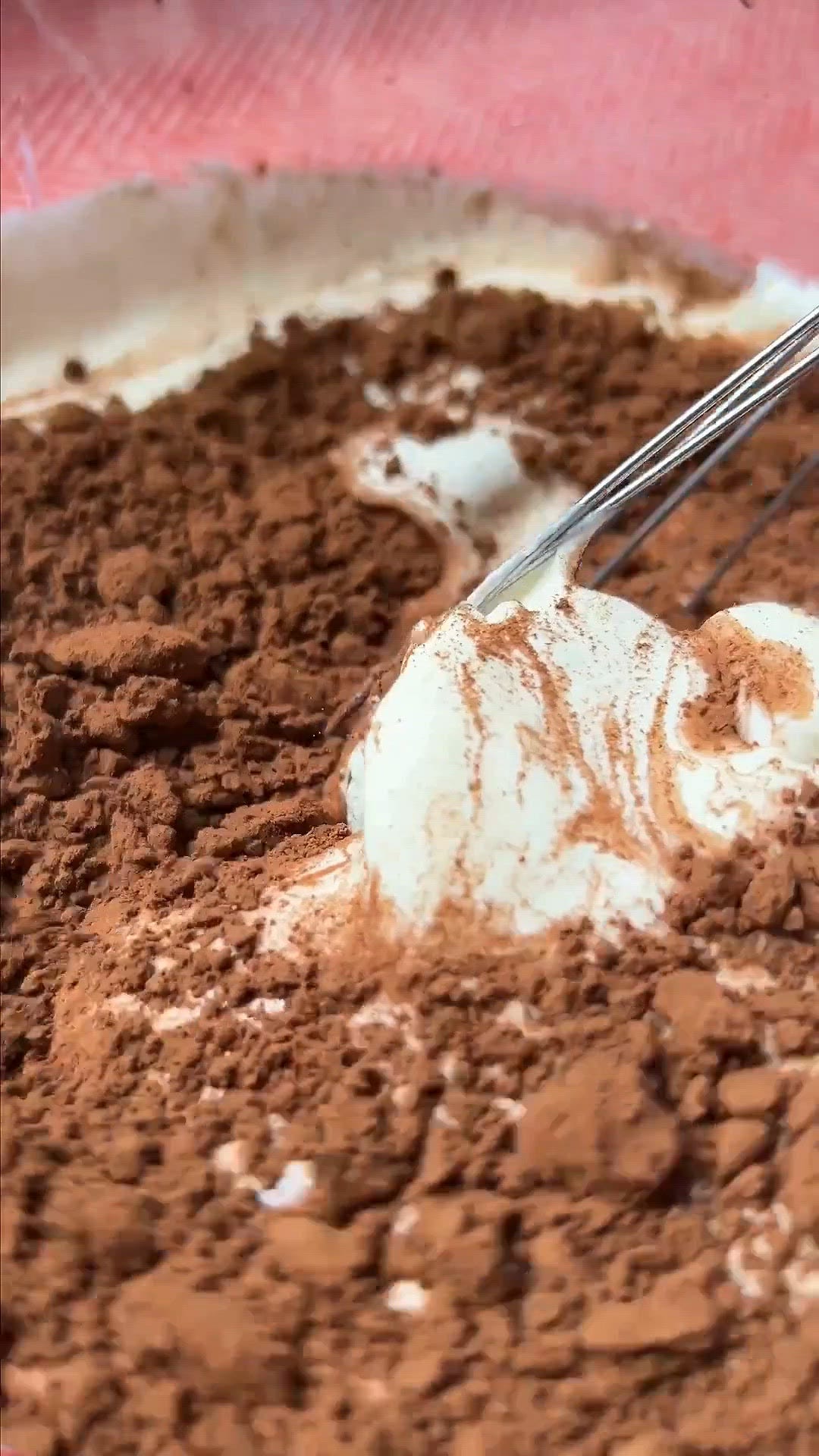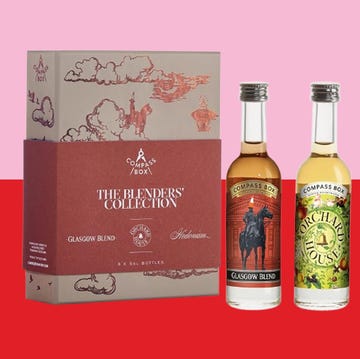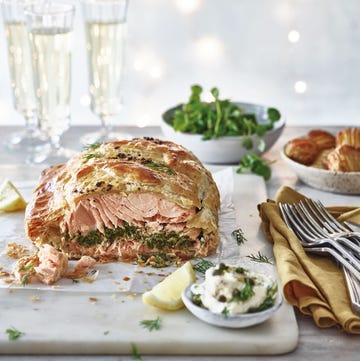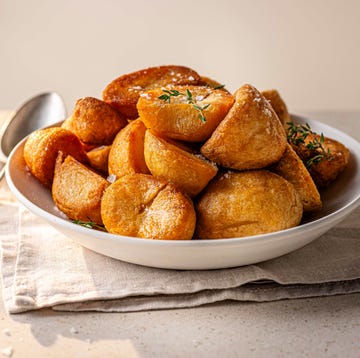We earn a commission for products purchased through some links in this article.
Best dessert wines for Christmas 2024
Read on for our expert-approved guide to the best pudding wines, from £6.25

There’s something about the rich, lusciously sweet quality of a dessert wine that is guaranteed to get you in the festive spirit.
To ensure you stock up on the best bottles ahead of the big day, the Good Housekeeping Institute tasted a range of styles with our expert-approved picks starting from just £6.25!
We’ve also rounded up the best port, sherry and liqueurs to ensure you’re sufficiently covered for after-dinner drinks this Christmas.
Best dessert wine 2024
What is considered a dessert wine?
“Dessert wine” is a catch-all term that covers a variety of wines served at the end of a meal, which can complement cheese or pudding. Sweeter and higher in alcohol than a standard red or white wine, the best examples aren’t too thick or syrupy and have a shot of acidity for balance.
Many (but not all) of the most highly regarded sweet wines are made with grapes affected by botrytis cinerea or “noble rot”. Noble rot is a beneficial fungus that attacks the grapes, dehydrating the fruit so it becomes “raisined”. This concentrates the sugars and acidity, resulting in a more intense flavour.
This process has made some of the most famous dessert wines, such as France’s sauternes and Hungary’s tokaji (see below). However, the conditions need to be just right for this process to occur, making dessert wines particularly special and, in some cases, very rare.
Types of dessert wines
There are many different types of dessert wines, and while this is in no means exhaustive, here are three of the most popular.
Sauternes
A sweet French wine made in Bordeaux, sauternes (pronounced saw·tuhnz), typically displays a rich honeyed note, with the flavours of stone fruit (such as apricot and tinned peaches), butterscotch and cooking spices. It tends to be deliciously aromatic, with lively acidity, and pairs well with rich, creamy desserts.
Tokaji
On the nose, you may find Hungary's tokaji similar to sauternes, but it has fresher acidity, so it should appear a little less sweet overall. Roasted pineapple, chocolate orange desserts and Christmas pudding are all excellent matches for this wine.
Eiswein
As the name suggests, Eiswein or “ice wine” is a German dessert vino made from grapes (often riesling) that freeze on the vine. Again, this results in a very sweet, concentrated grape juice, with notes of pineapple, lemon curd, honeysuckle and apricot. It’s a pretty versatile wine, pairing well with a variety of cheeses, through to creamy, fruity desserts.
How we test dessert wine
The GHI tested 23 dessert wines across a variety of styles. The panel — made up of WSET-trained wine and spirits experts and consumers — tasted each one neat and blind to avoid brand bias.
They were looking for well-balanced, versatile examples, with a rich and velvety mouthfeel and a touch of acidity for balance.
Stacey looks after all food and drink reviews — from coffee pods and veg boxes, to natural wine and tequila. Stacey is also founder of Crummbs, where she’s written nearly 2,000 restaurant and hotel reviews since 2013. Prior to this, Stacey wrote hundreds of in-depth buying guides for the Independent, i newspaper and BBC Good Food, as well as reviewing restaurants and interviewing celebrities in her column at Balance Magazine. Stacey has also appeared in BAFTA-nominated BBC documentary Blood, Sweat & Takeaways, where she investigated South East Asia's food production industry, appearing on both Newsnight and BBC World Service to share her findings. Regularly checking out the latest restaurants, bars and product launches, Stacey also loves experimenting with recipes at home, and is a WSET-certified wine and spirits expert, with over 10 years of experience in the business. You can follow Stacey on Instagram @crummbs_uk
Joanna Anastasiou is our Food and Drinks Tester, and has completed certifications in Sensory Foundation and WSET Wine Level 2 training. Prior to this she studied geography with conservation biology at the University of Exeter and trained at Ballymaloe Cookery School in Ireland. Through this she has developed a passion for sustainability within the food and agricultural sectors. Joanna also volunteers in kitchens with FoodCycle, as well as on multiple wildlife conservation projects, where she formed a particular love for bees!


10 best proseccos to buy in 2025

11 best whisky gifts for 2025

This is the best brandy you can buy

Best COOK food to order for Easter 2025




















